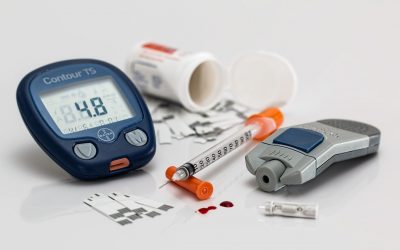Obesity is defined as individuals with a body mass index (BMI) over 30. In 2017, 64% of adults in England were classed as overweight or obese. In Wales (2019) roughly a quarter of adults self-reported being obese. Obese people tend to have increased risk of high blood pressure, raised cholesterol levels and tend to be less active. All of these increase the risk of coronary heart disease.
Obesity is caused by a combination of consuming too many calories and not burning enough calories. Calories measure the amount of energy in food or drink you bring into the body. Very simply, you bring calories into your body through eating and you burn calories by being active. If you consume more calories than you burn you will begin to gain weight, known as a calorie surplus. If you burn more calories than you consume you will begin to lose weight which is known as a calorie deficit. The only way to lose weight is by being in a calorie deficit which I will talk more about in the ‘weight loss’ section of the learning centre.
Distribution of body fat is as important as overall levels of body fat. Lots of people worry about the fat they can see and feel known as subcutaneous fat. However, it is visceral fat which surrounds our internal organs which promotes a bigger risk. People who are ‘apple’ shaped, carrying more weight around their middle, are at a higher risk than those who are ‘pear shaped’ carrying weight around their hips, thighs and bottom.
Now, there are multiple factors which come into play in obesity. Ultimately there are many reasons and it has become increasingly easy for people to become obese. The simple principles of fat loss are not taught from a young age, so people do not understand and some (not all) fitness influencers take advantage of this and try to sell the ‘secret to fat loss’ or similar products. Also, the fact that we don’t need to leave our homes to get anything I’m sure comes into play here. You can get food delivered to your doorstep within the hour or drive to the local chippy. It’s easy to see why obesity levels are rising and this is something I want to go into more detail about in the weight loss section.









